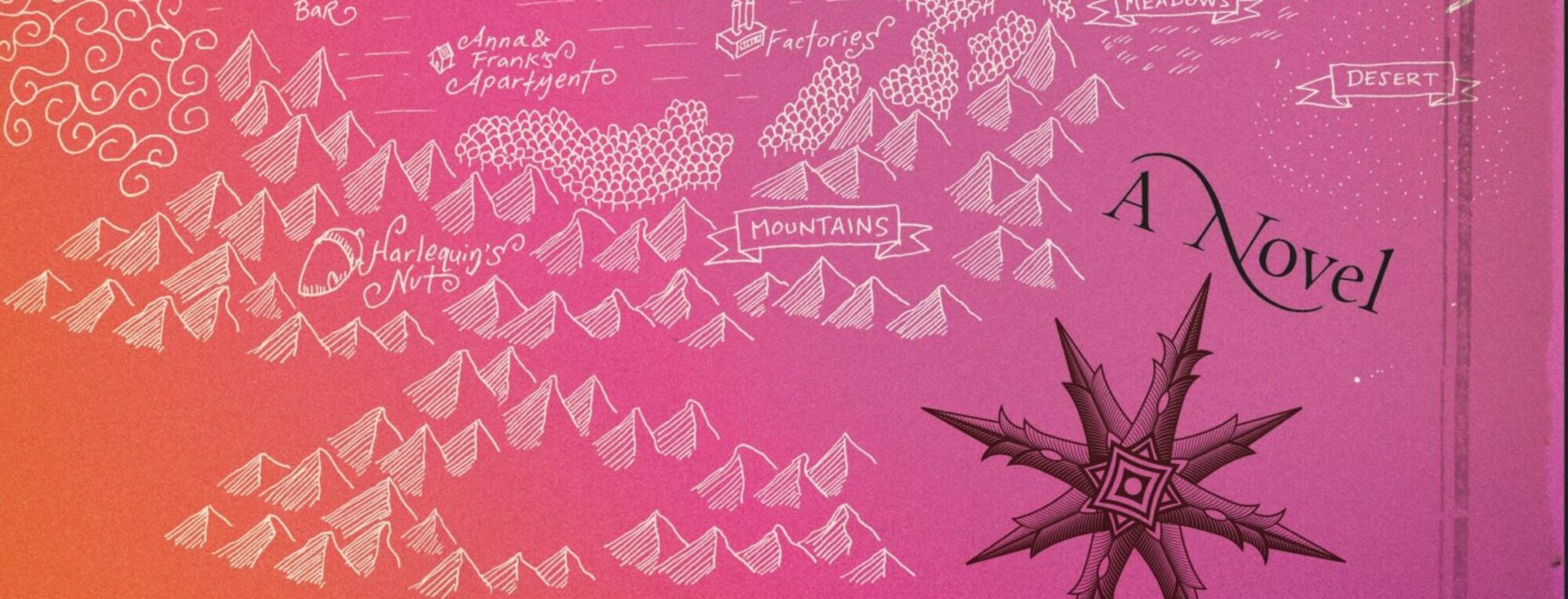I had the privilege of reading this piece at a recent Brooklyn Museum event with Queer Memoir for Women’s History Month, March 5, 2016. It’s a companion piece to the original article I wrote for Poz magazine in 1994 about the five days I spent undercover with the Rev. Fred Phelps and his family in Topeka.
Anyone here remember the Rev. Fred Phelps? I can see that some of you do :-) He was this guy who had a church in Kansas that was almost all members of his family, and they would fly all over the country to celebrate at the funerals of people who died of AIDS.
He and his adult children would picket funerals in New York and LA and Topeka with enormous signs that said “Fags Equals Death” with a big smiley face. Or they would say “God Hates You. Filthy AIDS Spreaders.” Phelps liked to send personally-crafted, mean letters to bereaved family members. Right after Nick Rango died, Phelps mailed his mother a letter calling him a “famous fag” and “filthy piece of human garbage who checked into hell November 10.” “I love to use words that send them off the edge emotionally,” Fred said. “There’s nothing better than that.”
I decided to go visit the guy and write about him. I was a writer for the Village Voice at the time and for the past couple of years I’d specialized in getting in Christian disguise and writing about antigay activists. They really scared me and at that time, they were really getting powerful, even in New York. But Fred scared me more than the rest, not just because he was all about hurting us in a very personal, emotional way but because he had a history of violence.
Two of his adult children said he’d beaten them all, including their mother, with an axe handle, and starved some of them. They remembered a game involving Fred holding a child in the air and repeatedly smashing his knee into the child’s groin while laughing. Fred was convicted of battery on someone protesting one of his demonstrations in the 90s, and other folks his church had hit had filed charges. I called the church and said I was a writer for a conservative publication and I wanted to visit Phelps and his flock in Kansas. They said come on down. Continue reading “Five Days with Fred Phelps”


